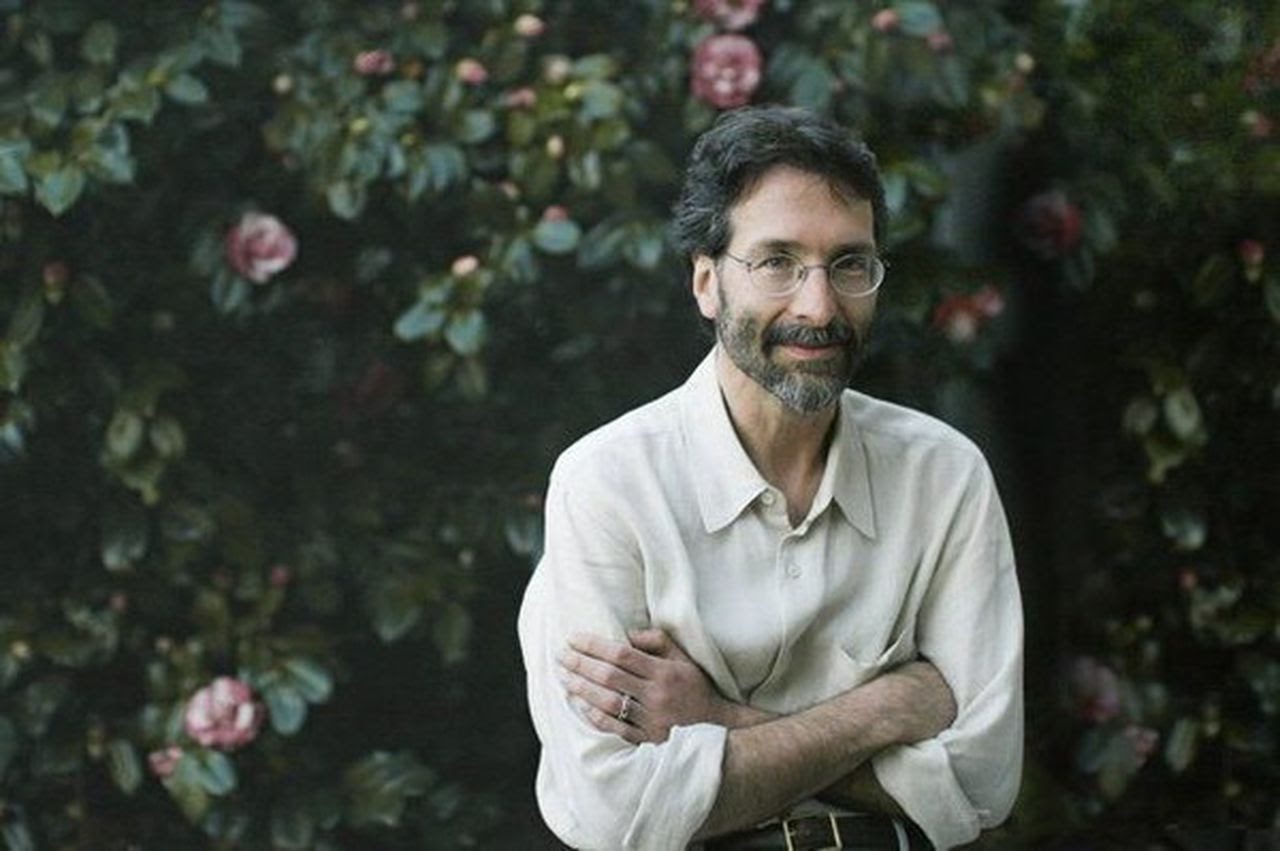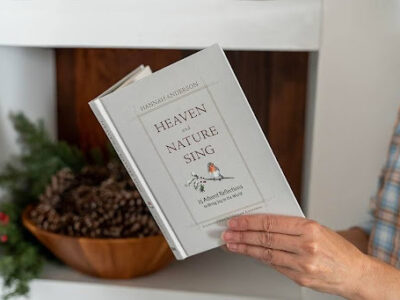If John the Baptist was the voice of one crying in the wilderness to prepare a way for the Lord, Brian Doyle is the voice in the 21st century. One Long River of Song: Notes on Wonder is a posthumous collection of essays by Brian Doyle that capture the beauty and resilience of the human spirit alongside all of the frustrating and wondrous ways the holy shows up in the everyday.
If you struggle to find God in the mundane, Brian will show you all the places: “I am a guy who wanders around looking for nothing in particular, which is to say everything,” Brian writes. Where the rest of us rush past, Brian pauses to look. “Sometimes we are starving to see every bit of what is right in front of us.”
Brian identifies what I also believe, Creation is given to us, we are to be good stewards of it, and we can find Polaroids of holiness in everything. In the essay, “The Creature Beyond the Mountains,” Brian writes about the sturgeon, “…I suppose to me sturgeon are a lovely example of all the zillions of things we do not know… The world is still stuffed with astonishments beyond our wildest imagining, which is humbling, and lovely, and maybe the only way we are going to survive ourselves and let everything else alive survive us too.”
I am prone to weeping at most things—sentimental car commercials, my son’s hugs, evening prayers, every Pixar movie, probably sturgeons if I ever saw one, etc. I’ve read Brian Doyle’s work before, so I was prepared to keep a box of tissues nearby, because his words move me to tears constantly. His observations crack open the carapace that protects my tender heart, and I feel all the things.
I guess that’s a word of caution from me as well as a benediction: go forth, and read Brian Doyle, but be prepared to feel all the things, the way God made you to feel. Brian probes both pain and pleasure. If he only wrote about joy, his work would feel overly sentimental and Pollyannaish. If he only wrote about grief, his work would rob us of the grace and mercy he found through confession and wrestling with God. Instead, Brian offers both, showing us how to seek and find the holy in both the laughter and the pain of living.

Brian is aware of his critic’s cynical analysis of all the gushing he does over Creation, grace, joy, and loveliness. In his essay, “Cool Things,” he writes:
Look, I know very well that brooding misshapen evil is everywhere, in the brightest houses and the most cheerful denials, in what we do and what we have failed to do, and I know all too well that the story of the world is entropy, things fly apart, we sicken, we fail, we grow weary, we divorce, we are hammered and hounded by loss and accidents and tragedies. But I also know, with all my hoary muddled heart, that we are carved of immense confusing holiness; that the whole point for us is grace under duress; and that you either take a flying leap at nonsensical illogical unreasonable ideas like marriage and marathons and democracy and divinity, or you huddle behind the wall.
Brian Doyle doesn’t huddle behind walls.
All of the essays in the collection are short, digestible pieces you might need to take bite-by-bite so the taste can linger with you throughout the day. In the short essay, “Two Hearts,” Brian shares about the birth of his twin sons, one of which is born with a heart defect:
I talk to God more than I admit. “Why did you break my boy?” I ask. I gave you that boy, He says, and his lean brown brother, and the elfin daughter you love so. “But you wrote death on his heart,” I say. I write death on all hearts, He says, just as I write life. This is where our conversation always ends, and I am left holding the extraordinary awful perfect prayer of my second son, who snores like a seal, who might die tomorrow, who did not die today.
I’m not crying, you’re crying. Okay, I admit it, I’m crying. These are the moments and the truths of our lives Brian is able to capture so beautifully and succinctly that they form an arrow to pierce the soul. This is not your everyday moment. This is an extraordinary thing, a hard thing, and Brian tells us just how human and holy of a thing it is. Brian’s meditations often take on the mode of personal narrative, stories local to himself, but he also writes about some of our shared national tragedies. This includes the crisis of 9/11, the Sandy Hook shooting, and other painful sorrows.
Brian Doyle possessed a unique, meandering writing style that followed the same patterns as one long river of song, the apt title of this collection. Brian’s words are songs of individual lives and moments. Brian had a way of meeting and seeing people, capturing their humanity and their holiness in one swift, brief minute. Essays like “God Again” compel me to be more intentional in my day-to-day interactions with strangers and neighbors. The essay begins, “Had a brief chat with God the other day. This was at the United States Post Office. God was manning the counter from one to five, as he does every blessed day. He actually says every blessed day and he means it.”
Near the end of the essay, Brian makes a joke and then apologizes to the postal worker for the joke:
And God said, No worries, and Better a poor joke than something worse, and Do you want to use the book rate for your package, which will save you about five bucks? And I said yes, sir, and thank you, and walked out of the Post Office thinking that if we cannot see God in the vessels into which the electricity of astonishing life is poured by a profligate creation, vessels like this wonderfully and eternally gracious gentleman at the Post Office, then we are very bad at the religion we claim to practice, which says forthrightly that God is everywhere available, if only we remove the beam from our eyes, and bow in humility and gratitude for the miraculous, which falleth even as the light from the sun, which touches all beings, and is withheld from none.
You see there? One long river of song.





 Copyright
2025
Root and Vine
Copyright
2025
Root and Vine